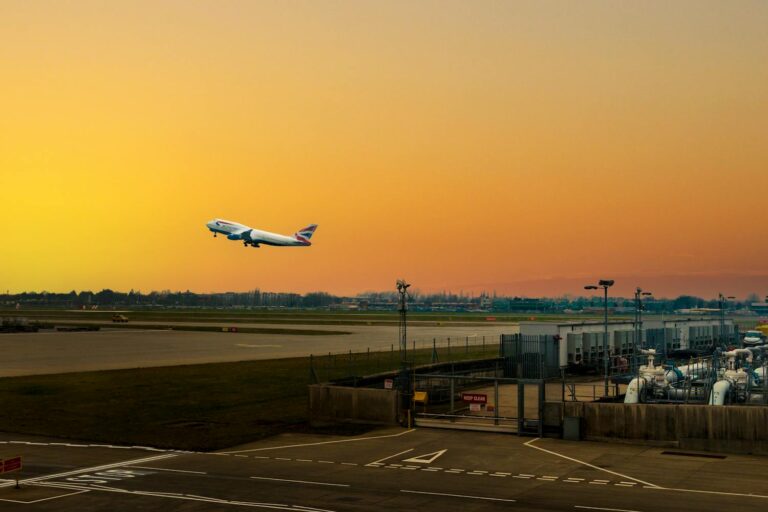Organisations applying for a sponsor licence need to be aware of the strict guidelines associated with the process. It’s important not to rush the application, or make the wrong choice for key personnel, or you could risk your sponsor licence application being refused.
If that does happen to you, your company will enter the sponsor licence cooling off period. During this period, any further applications for sponsorship that you make will immediately be refused. Worried about the impact of the cooling off period? In this post, we’ll explain what it is, how long it’s likely to last, and how to avoid it.
What is a sponsor licence cooling off period?
If the Home Office refuses your sponsor licence application or revokes a previous licence, then you may be subject to the sponsor licence cooling off period. During this period of time, you won’t be able to reapply for a licence. If you do reapply during the cooling period, it will be automatically refused.
You may also be subject to a cooling off period if you’ve been issued with a specific civil penalty or convicted of a relevant criminal offence.
What happens during the cooling off period?
As mentioned above, you won’t be able to reapply for a sponsor licence. So, if you’ve previously had a licence, you’ll be cut off from its benefits. You won’t be able to issue Certificates of Sponsorship, meaning you can’t recruit overseas workers who need a sponsor.
Therefore, the impact of the cooling off period will depend on how urgently you need to employ migrant workers. If your business relies heavily on overseas talent, then the cooling off period could have a very negative impact. For one thing, it will mean that any currently sponsored workers won’t be able to work for you. You could find there are further consequences, with a reduction in manpower meaning you’re unable to fulfil business obligations.
Who is affected by a sponsor licence cooling off period?
The cooling off period does not just apply to one individual or organisation. It can affect several people related to the company, including the business owner, directors, current or prospective key personnel, along with other significant individuals involved in the business.
So, you should always ensure that no one in these positions is subject to a sponsor licence cooling off period, as your application will be refused.
How long is a sponsor licence cooling off period?
This will depend on why your licence was refused or revoked. In some cases, a cooling off period will not be imposed. For example, if you didn’t provide requested documentation by a deadline due to reasons beyond your control.
However, in most cases, if your application is refused, you will be subject to a cooling off period of six months.
If your previously held licence was revoked or surrendered, then your cooling off period will usually be twelve months. This also applies if you’ve received a civil penalty for hiring an illegal worker, or more than one penalty for letting a residential property to an adult with no right to rent.
If your civil penalties build up, you could end up with a cooling off period of up to five years.
How to avoid a sponsor licence cooling off period
It’s clear that a sponsor licence cooling off period can make a huge impact on your business, as well as the overseas workers you may be sponsoring. However, there are some key steps you can take to prevent being subjected to the cooling off period.
- Don’t rush the application – Whilst it can be tempting to try and get the sponsor licence application sent off quickly, this could cost you in the long run. Take time to make sure you’ve covered every detail that might concern the Home Office.
- Choose key personnel carefully – When selecting staff members for key personnel roles, such as the authorising officer, you should ensure you’ve done as many background checks as possible. If you choose someone with a history of poor compliance, for example, this can mean a refused application.
- Show how you’ve addressed issues – If your application is refused, don’t be tempted to reapply with the exact same information as before. The Home Office will likely be scrutinising your application even more closely this time around. So, you’ll need to evidence how you’ve made changes to ensure your company can manage migrant workers within the guidance.
- Seek legal advice – Applying for a sponsor licence can be very confusing, so it helps to have the experts on hand to advise you about the best steps to take. Business immigration lawyers can give you support and advice about every stage of the process, including Home Office audits.
Avoid the cooling off period with advice from expert solicitors
From issuing Certificates of Sponsorship to sponsor licence application, our experienced solicitors can support you through every step. It’s important to note that this blog post is for informational purposes only. Want to discuss your circumstances in more detail? We can offer a free, no-strings 30-minute consultation to discuss your sponsorship application.
If you’re ready to get started, you can fill in our quick and easy online form below, or call us on 0203 983 5080. Or if you prefer to email, you can reach us on [email protected].




















